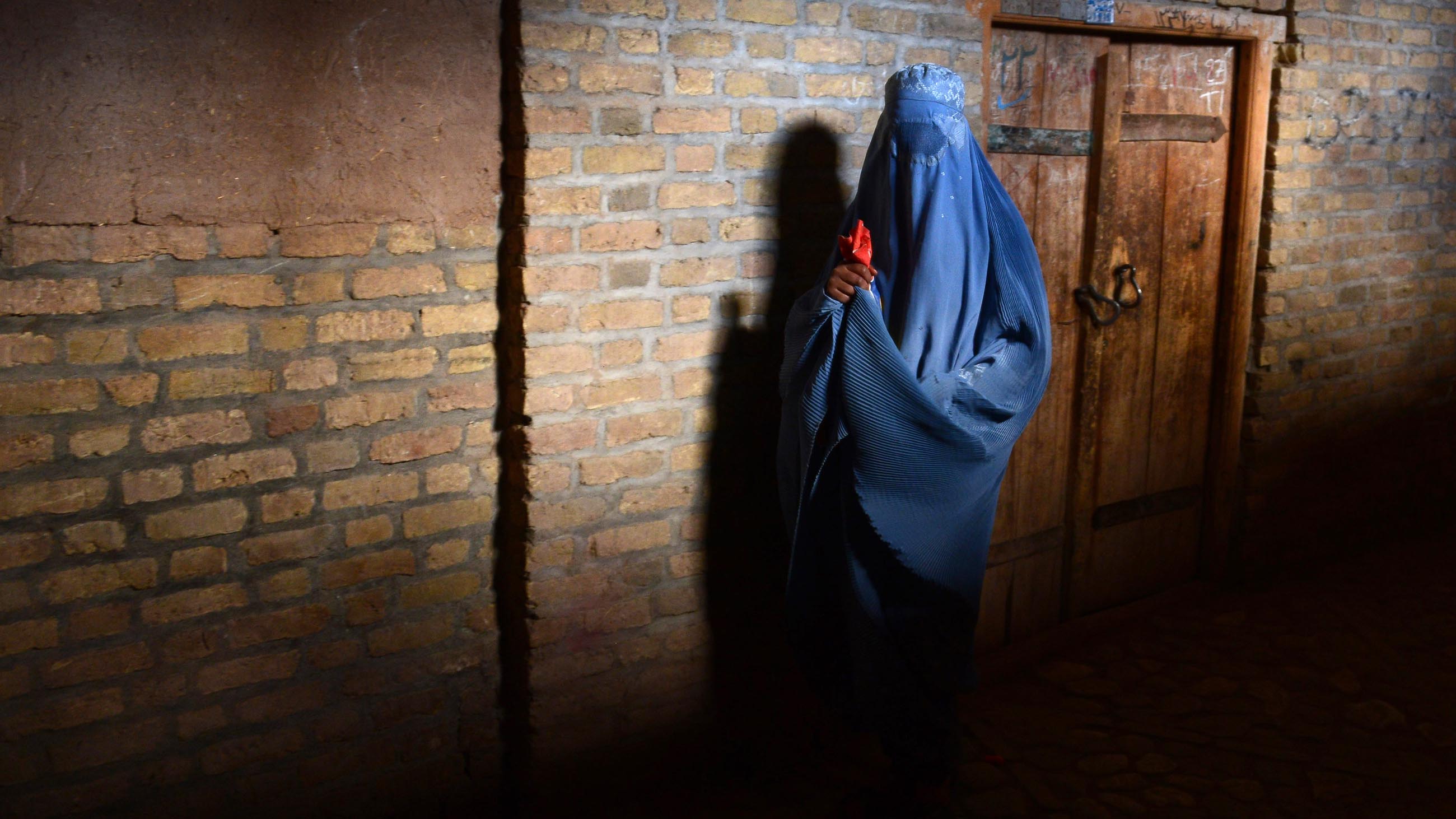IN THE winter of 2009, as a young teenager, Soraya says she was raped by a 22-year-old male teacher at her English language school in Eastern Afghanistan. A few months later, she was spotted by Afghan police walking with her rapist on the street. After being taken to the police station, she was forced to call her father, who was informed that she had likely engaged in adultery. Soraya’s father hit her when he arrived at the station and insisted that she be submitted to a virginity test.
The test was administered by a male doctor at a clinic the next day. “He put his fingers in my vagina, he looked at me, and said you are not [a] virgin,” Soraya, now 25, recently recalled to a friend, who submitted the details in a letter to Undark on the condition that Soraya’s real name and whereabouts be withheld for fear of retribution from members of her still-estranged family. “He seemed to enjoy that — not just my suffering, but also touching me.”
For reasons unclear to Soraya — perhaps it was her tears and begging, or a bribe from her younger brother — the doctor agreed not to tell her enraged father, who was waiting in the next room. Instead he pronounced Soraya dokhtaret pak ast in her native Dari, or “the girl is pure.” But the experience left her devastated. She attempted suicide, and ultimately fled Afghanistan. “I was a good and a happy girl,” she said, “but the virginity test killed me.”
Soraya is far from alone. While many Taliban-era strictures have been dismantled, human relationships — and female sexuality in particular — remain matters of strict control in Afghanistan. Simply admitting publicly to sex with a man outside of wedlock remains an illegal and punishable offense in the country, and Afghan police routinely question men and women who fraternize in public. Failure to provide satisfactory answers or evidence of a legal, moral association can lead to an arrest and investigation — largely focused on the character of the woman involved.
One of the first actions taken in such cases is that the woman is subjected to an invasive and scientifically dubious “virginity test.” If it is determined that the woman has engaged in sexual intercourse, she can be sentenced to up to 15 years in prison.
In 2013, the non-governmental organization Human Rights Watch (HRW) estimated that “half of all women in prison and about 95 percent of girls in juvenile detention in Afghanistan had been arrested on ‘moral crimes’ charges.” Virtually all of these women are believed to have been subjected to virginity testing. The practice has also been documented in nearly 20 countries, from the Middle East to parts of South and Southeast Asia, Africa, South America, and Europe, according to the World Health Organization (WHO). The organization notes that amid increased globalization and migration, “requests for and cases of virginity testing are emerging in countries that have no known previous history of the practice, including Belgium, Canada, the Netherlands, Spain, and Sweden.”
Read full story on Undark
